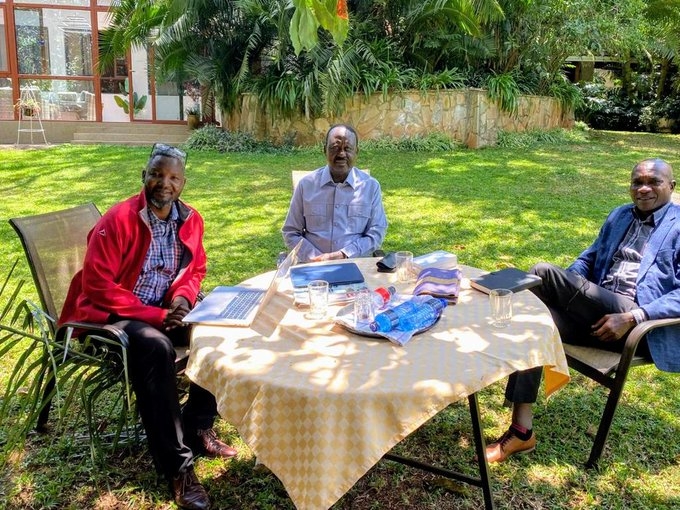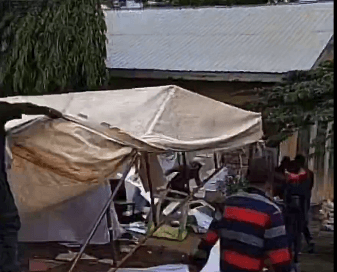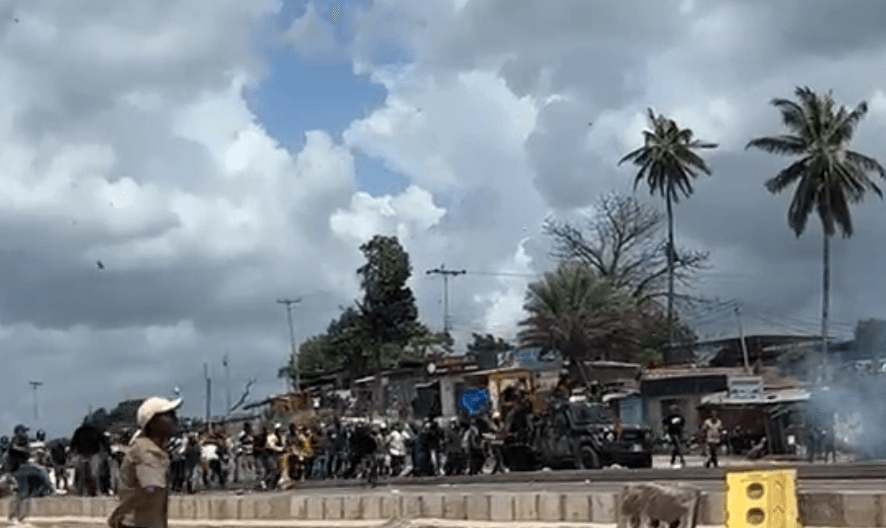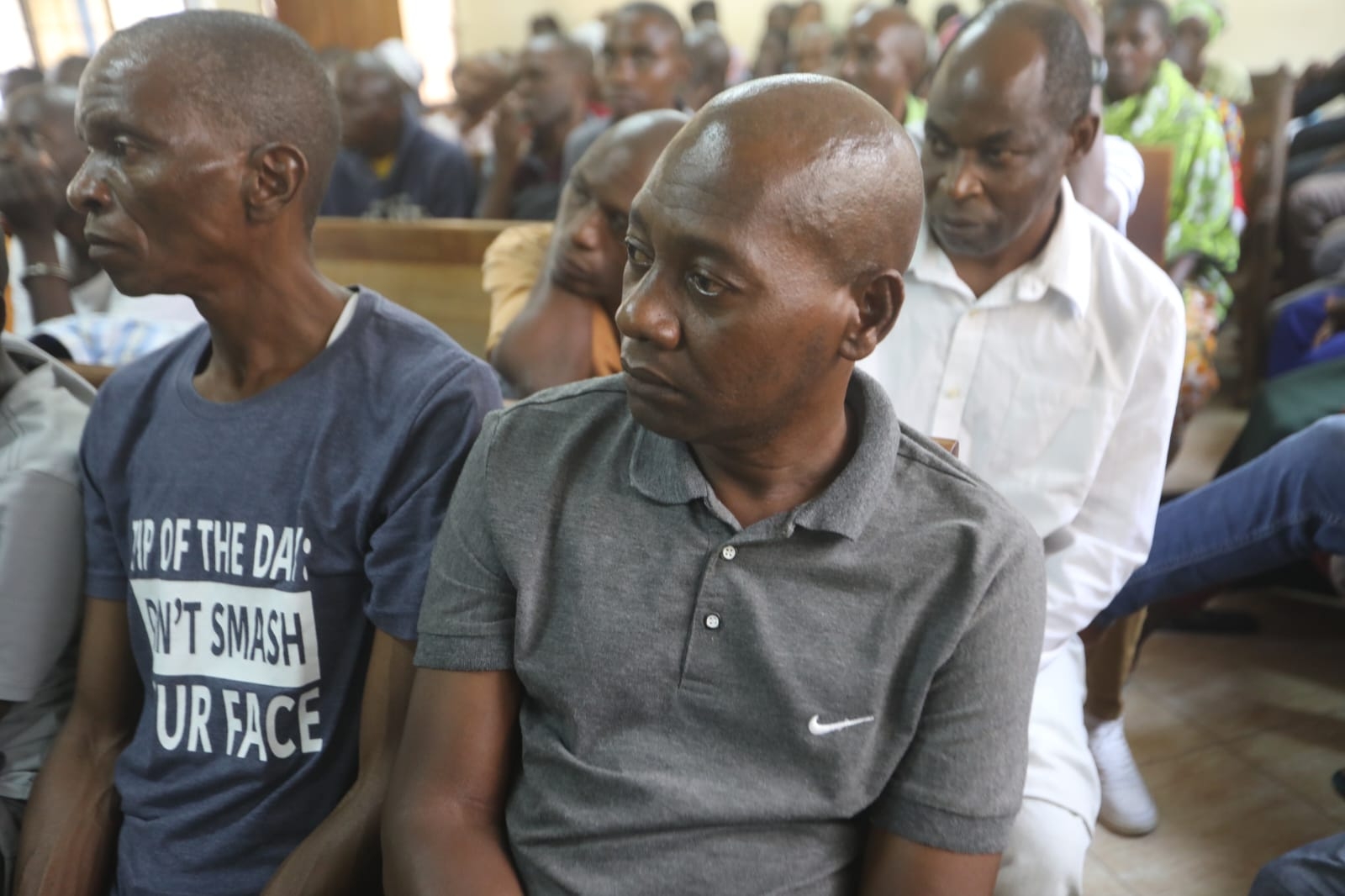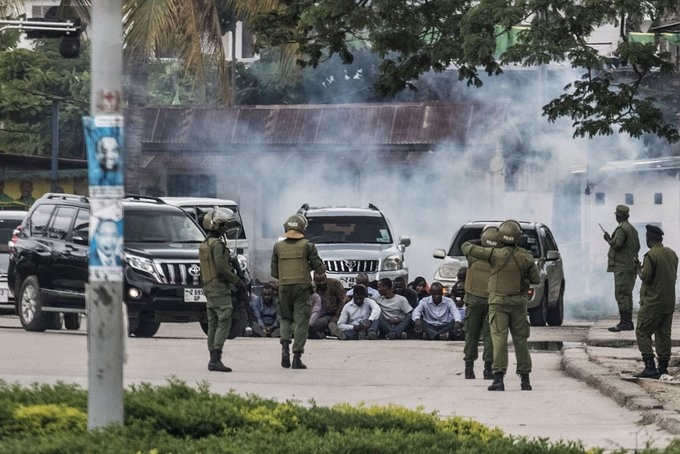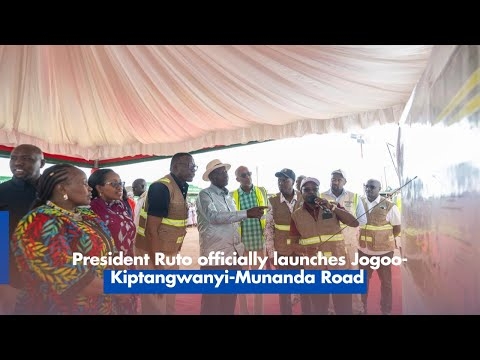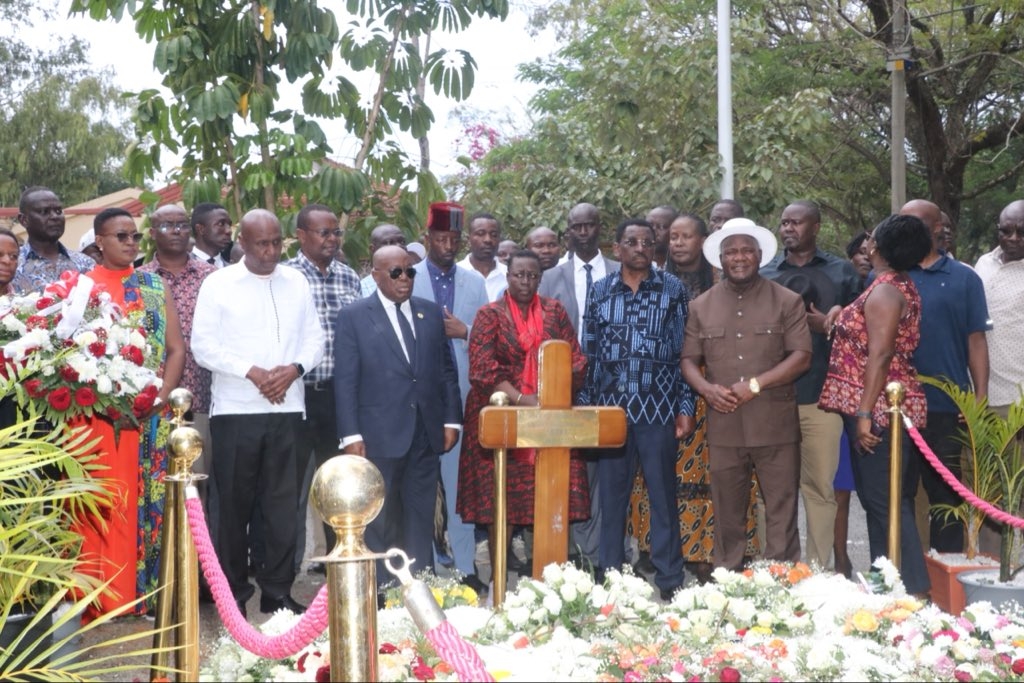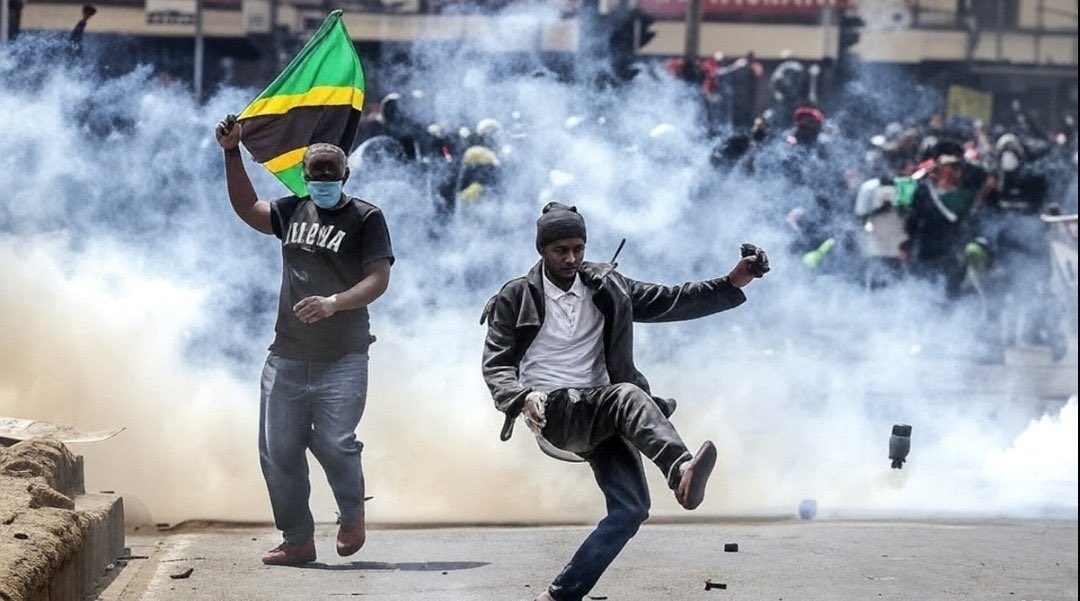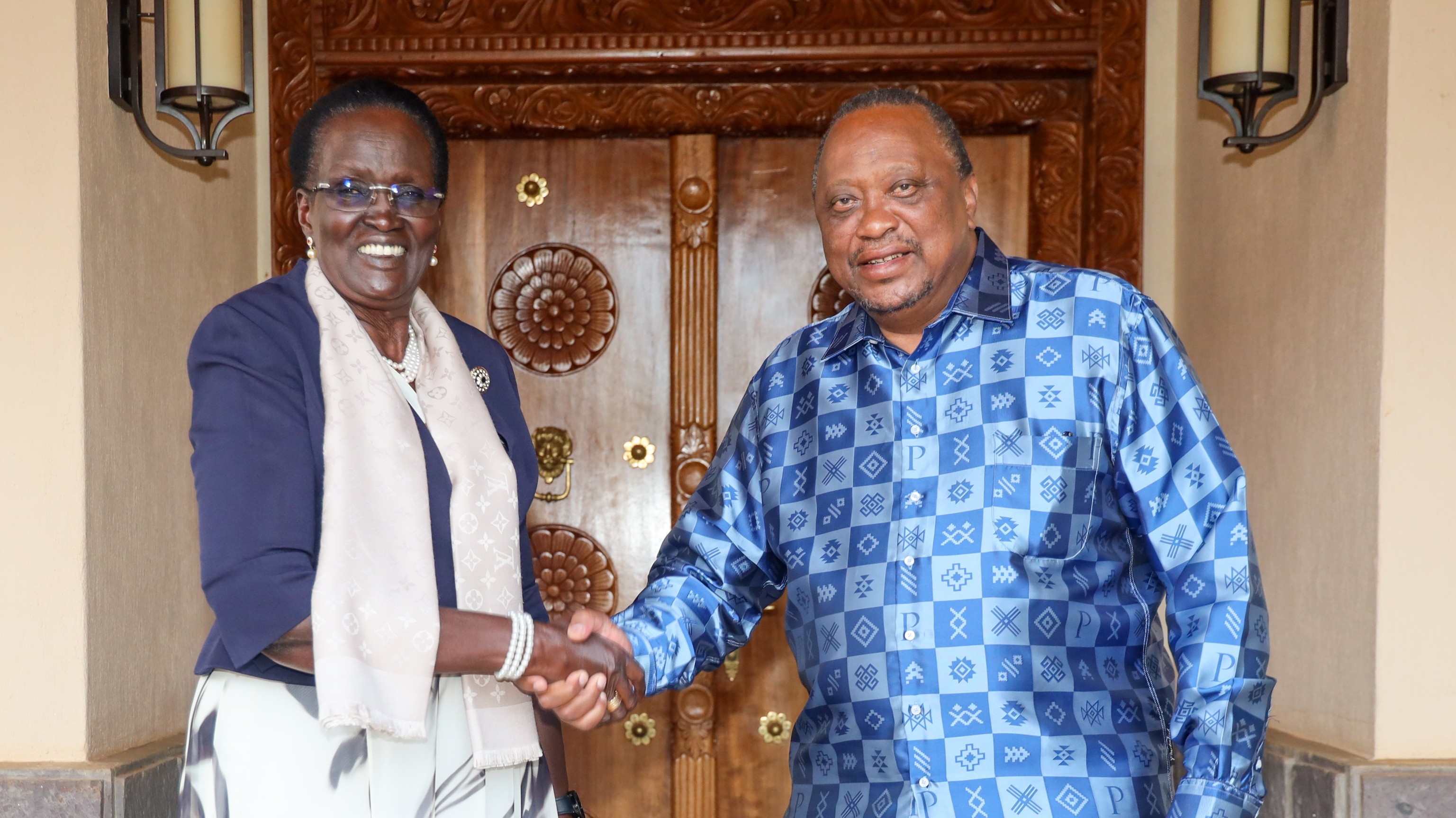When I landed in South Africa a little before midnight five years ago, I was left to deal with a very irritated passport control gentleman.
“What are you doing in South Africa?”
“I’m here to study,” I replied.
“What are you studying?”
“Masters in Journalism.”
The gentleman seemed to wake from his ire and guffawed loudly enough for everyone to hear, “Ha! Journalism? The people telling fake stories? Masibuko!...” he called to his neighbouring colleague “...these journalists neh?!”
Journalists have been at the subject of people’s dissatisfaction for years, whether we do or do not, we are damned. We are damned for shining light on the ugly side of society and damned if we do not. There will always be a reason for people to comment on the ‘shortcomings’ of journalists not realising that the shortcomings are based on their own biases towards the subject.
One of the many things we learn as journalists is that we are limited from doing our work objectively and without bias for many reasons, including failure to remove our own voice from the story. After all, we are human and citizens of the society we report about. However, what we learn is that through various training and ethical values including holding oneself accountable, we are able to lift a mirror to society without a lot of distortion.
It doesn’t matter who you work for and what the media owner’s interests lie, when a journalist carries out his work, he is like any other employee who follows a set of protocols that guide him to write a fair and unbalanced story. This includes; fact checking, interviewing and presenting a fair representation from all angles. The stories (or programs) then undergo a long line of editing and correction before they are sent to readers and viewers.
Journalism is a profession like any other. Journalists work hard at maintaining the levels of professionalism needed to work efficiently and diligently as members of the Fourth Estate. We hold everyone accountable, including ourselves. Which is why in every country there is an independent commission that monitors the work of journalists and media in general.
The problem, I believe, is that with the rise of digital media, consumers have mixed up the distinguishing lines of media and journalism. Not every channel, website or person that has a media platform is a journalist/journalism. Tabloids and gossip columns are not respectable sources of news either.
Over the years, presidents and public officials have turned to accusing the media of unprofessionalism or being purveyors of ‘fake news’ when the issues addressed are negative or present them in bad light. As such, the people have taken these opinions and run with them as the truth. News today is considered fake news and journalists are disrespected for holding firm to their own values.
To the public officials and elected officials who live to call out the media for representing them negatively, I say this, we only report what is there. Facts cannot be hidden. Turning the people against the media when in fact you should use the same media to prove them wrong.
Bring out your receipts and prove to the people that what was alleged is fake and you have the evidence. Trying to change the subject by turning the media into the enemy is not the solution.
I always share the wisdom passed on to me by my mentor and the godfather of journalism, Joe Kadhi. Coincidently, the late Kadhi was an editor at the Nation for many years before being fired for defying then President Moi and the company policy by exposing the atrocities of the first Saba Saba protests in 1990.
Kadhi was not deterred by a job or threats, he was a journalist to the end. Many of his students, who are journalists today, uphold the same values. In his words, we must always “publish and be damned!”


